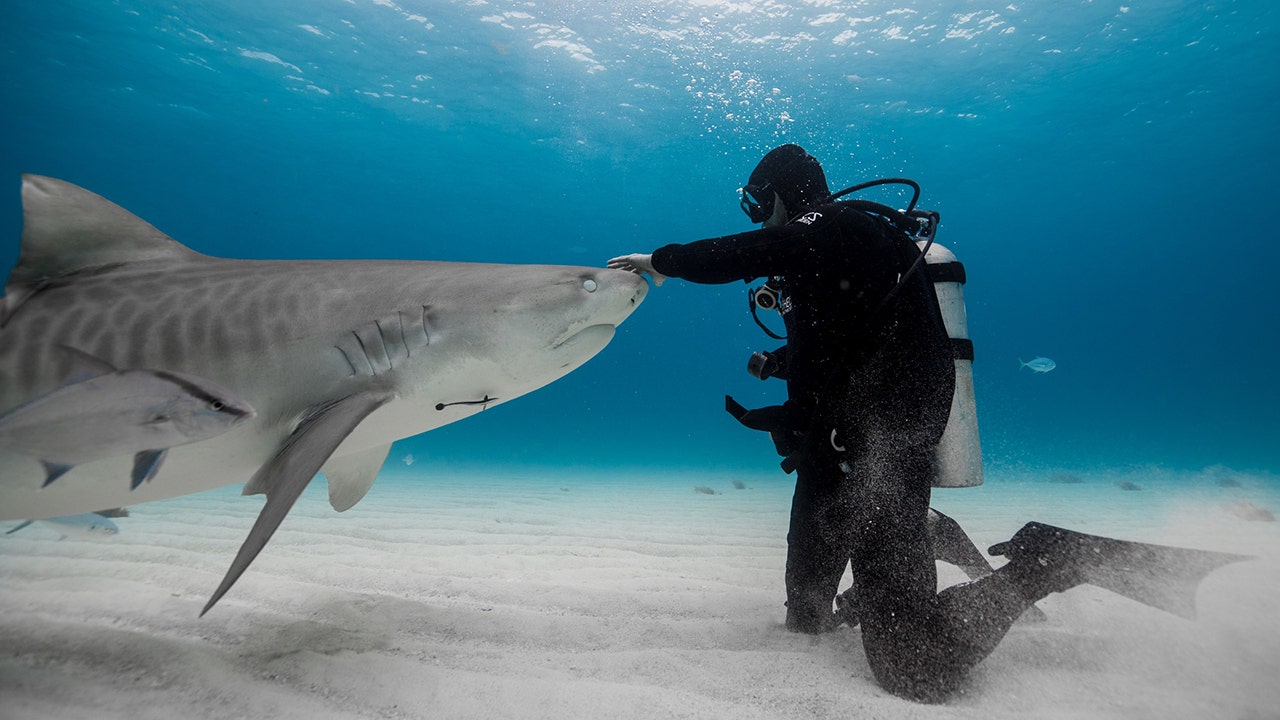Shark Attacks In The Caribbean: Recent Incidents & Safety Tips
Are we facing a surge in shark attacks, or is it merely a heightened awareness fueled by media and folklore? The recent incidents across the Caribbean, from St. Martin to the Bahamas, paint a grim picture, sparking both fear and a critical need for understanding the evolving dynamics of these encounters.
The waters surrounding the Caribbean islands, renowned for their beauty and tranquility, have recently become the backdrop for a series of tragic events. One such incident involved a Venezuelan man clinging to a buoy, awaiting rescue by the Dutch Caribbean Coast Guard, only to be met with a sudden and fatal shark attack. In another, a man, having survived a capsizing off a Caribbean island, met a similar fate moments before potential rescue. These events are stark reminders of the ocean's unpredictable nature and the potential dangers lurking beneath the surface.
| Incident Location | Caribbean Region (specifically St. Martin, Bahamas, and areas near Bonaire and Aruba) |
| Date and Time of Notable Incidents |
|
| Victims |
|
| Circumstances |
|
| Potential Contributing Factors |
|
| Authorities Involved |
|
| Reference | Florida Museum of Natural History - Shark Attack Data |
The incident off the coast of St. Martin on a Thursday, reported as the first such attack in over a decade, underscores the rarity and shocking nature of these events. It happened in Orient Bay, a popular beach, at approximately 150 meters from the shore of Orient Beach on the French side. The victim, a woman in her 40s, was swimming when the attack occurred, witnessed by other beachgoers. This event sent shockwaves through the eastern Caribbean, prompting experts to investigate the circumstances and consider the implications for the safety of swimmers and divers in the area.
While the odds of being attacked by a shark remain relatively lowaround one in 3.7 million, according to the Florida Museum of Natural Historythe impact of these incidents is amplified by public interest and media coverage. Movies like "Jaws" and "The Shallows" have cemented sharks in ocean folklore, making each attack a headline. The fear, however, does not always align with the statistical reality of the risk, which is why understanding the types of sharks present in any given area is crucial.
The incident off the coast of St. Martin on a Thursday, reported as the first such attack in over a decade, underscores the rarity and shocking nature of these events. It happened in Orient Bay, a popular beach, at approximately 150 meters from the shore of Orient Beach on the French side. The victim, a woman in her 40s, was swimming when the attack occurred, witnessed by other beachgoers. This event sent shockwaves through the eastern Caribbean, prompting experts to investigate the circumstances and consider the implications for the safety of swimmers and divers in the area.
Consider the waters around Bonaire, often praised for their diving and snorkeling. There's a contrast between the reality and the perception of shark attacks. Despite the presence of sharks, including nurse and Caribbean reef sharks, attacks are incredibly rare. Diving there for decades, experienced divers report a complete absence of fear, with only a harmless nurse shark encounter in over 25 years of observation. The waters are home to nurse sharks, Caribbean reef sharks, and other species like whale, hammerhead, and tiger sharks.
This contrast is partly because of the types of sharks present and the conditions that they encounter. The waters of Bonaire and Aruba are generally safe due to the preference of shark species for deeper waters. The common species found in Bonaire waters are generally small and harmless, they are unlikely to attack unless threatened, often choosing to swim away. This contrasts with the more dangerous encounters in other parts of the Caribbean, such as the incident involving the woman who was snorkeling in the Bahamas.
Aruba, situated near Bonaire and off the coast of Venezuela, is another area of interest. It shares similar characteristics with Bonaire in terms of shark encounters. Aruba boasts a diverse shark population, including Caribbean reef sharks, nurse sharks, tiger sharks, and others, but shark attacks remain uncommon. This is primarily due to the sharks' preference for deeper waters, keeping them away from popular swimming and snorkeling areas. The contrast between locations like Bonaire and Aruba versus areas like St. Martin and the Bahamas is striking.
There is a pressing need for awareness. The marine environment and the behavior of sharks are changing. Research indicates that sharks exhibit territoriality, display aggressive behaviors, and react to human presence. Additionally, changes in the shark population and the increase of human activities in the ocean are potentially factors contributing to more frequent encounters, although the risk remains relatively low. This is important, and it highlights the need for public awareness and education.
There have been several incidents, including those in the Bahamas and the Pacific Coast of Mexico, where a young fisherman was killed. These events underscore the importance of studying the interaction between humans and sharks. We can learn from such tragic instances, particularly in locations where they have historically been infrequent. The analysis includes unprovoked bites in the Caribbean region since 2000, with four being fatal. This data underscores the fact that incidents, though rare, are increasing and thus deserve continuous vigilance.
Beyond individual incidents, broader environmental factors are at play. A recent report indicates that sharks are functionally extinct in 20% of global regions studied. This statistic is alarming. Protecting reefs, seagrass beds, and mangrove forests is critical for the preservation of marine ecosystems, including shark populations. Conservation management efforts are underway, but enforcement and ongoing monitoring remain important.
The information should empower beachgoers and water enthusiasts, combining scientific understanding with respect for marine life. Remember that, depending on the location, sharks, particularly in certain areas, could be functionally extinct. In areas where sharks are present, it's crucial to be informed and careful.
It is imperative to stay safe at the beach. Education and safety precautions must continue, including knowing where to swim and when, avoiding murky waters, and remaining vigilant about the surrounding environment.


